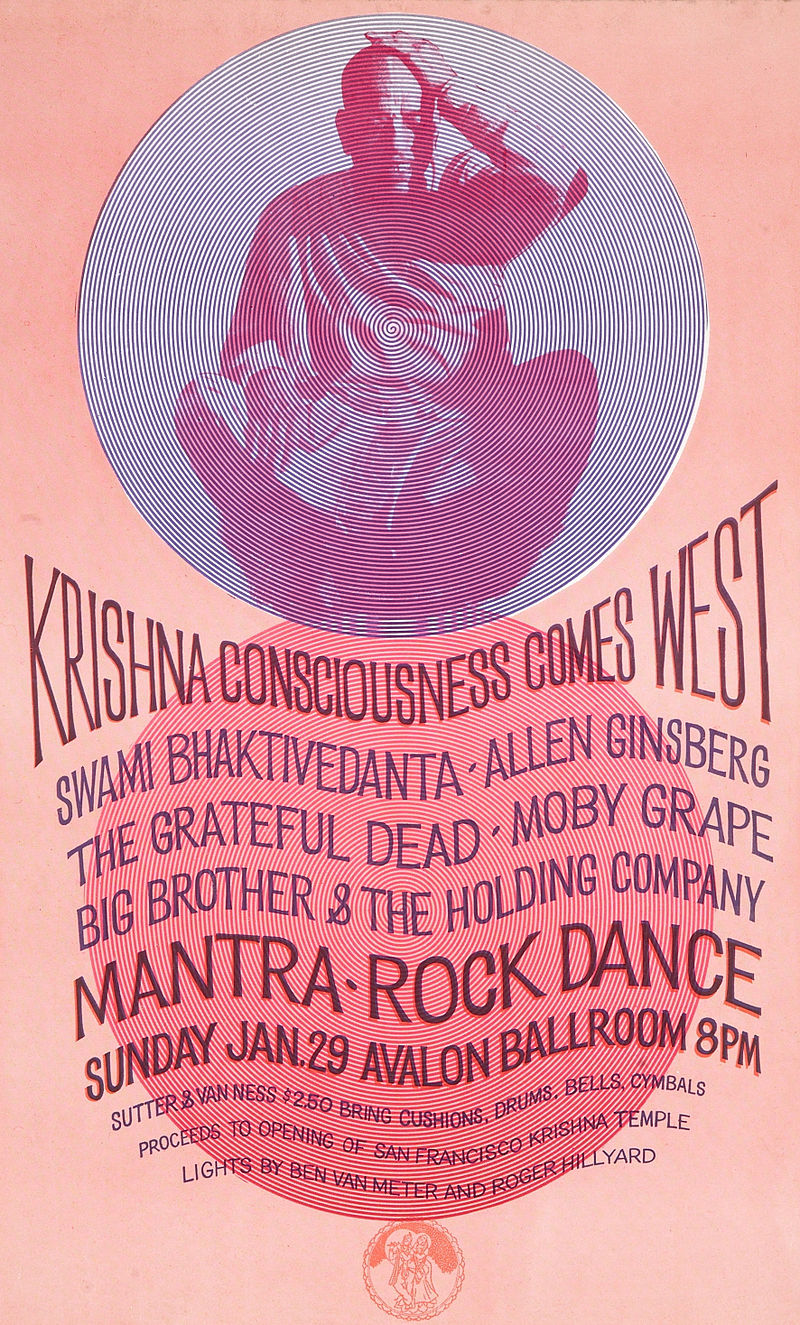What a guru taught me about war and peace
It was 1967, Haight Ashbury, San Francisco and I was in the newly opened Hare Krishna store-front temple. The temple was next-door to the Diggers, near the Panhandle. The temple’s swami and founder, Swami Bhaktivedanta, as he was known then, gave lectures and led chanting. I attended on Monday, Wednesday and Friday evenings. Usually less than a dozen people attended these lectures. The swami chanted prayers, led group chanting with his harmonium, and gave a lecture. His lectures were mesmerizing. Incredibly articulate, he ended his lectures by asking us if we had any questions. I was far too shy in that setting to ask any. But the others weren’t so shy. They asked questions about many topics, many about the Viet Nam war. That conflict was disrupting life for many of us. War and peace were the pressing issues of the times.

The disruptor of my life was my own actions
While the real disruptor of my life at that time was my own actions, I also fretted on the ongoing war. I couldn’t fathom why the war had started and why it wasn’t ending. The government’s reasons seemed unconvincing for many of us. Coupled with our lack of belief in the need for the war was our real fear of escalation. Growing up, many of my age mates and I heard that World War 2 was the last survivable war. Many believed that future war would lead to the use of nuclear weapons and end life on earth. We wanted the guru to tell us something about politics or how to end the war. But his message about war and peace was quite different than I expected.
Conflict is part of life on earth
What he told us was that war and conflict was part of life on earth. This elderly man, the swami, told us that the only way out was to chant the holy names of God. He offered that Hare Krishna was the very best transcendental method to use. Yet, he encouraged us to chant Jesus’ or any name we normally used to connect to God. In that way, he opined, we will be transcendental to the world. He said that the world only ever offers conflict, but spiritual life gives a way to transcend the conflict. I didn’t really believe what he said back then. Yet the world is still as full of conflict as ever, despite organizations, movements, and moneys spent to establish peace. His words echo more true as the years pass by.
Transcending the Conflict
I took up the swami’s suggestion, not immediately, but over time. Within the year, 1967, I gradually incorporated meditation, hatha yoga, chanting, and prayer into my life. Reading scriptures of many faiths, along with attending classes and lectures, supported my journey. With the insights initially provided by Swami Bhaktivedanta, I perceived the common spiritual thread that connects humanity.
The gist of swami’s message is that we are able to transcend the conflict that is intrinsic to earth-life experience. We transcend, not by changing the earth, but by changing ourselves.